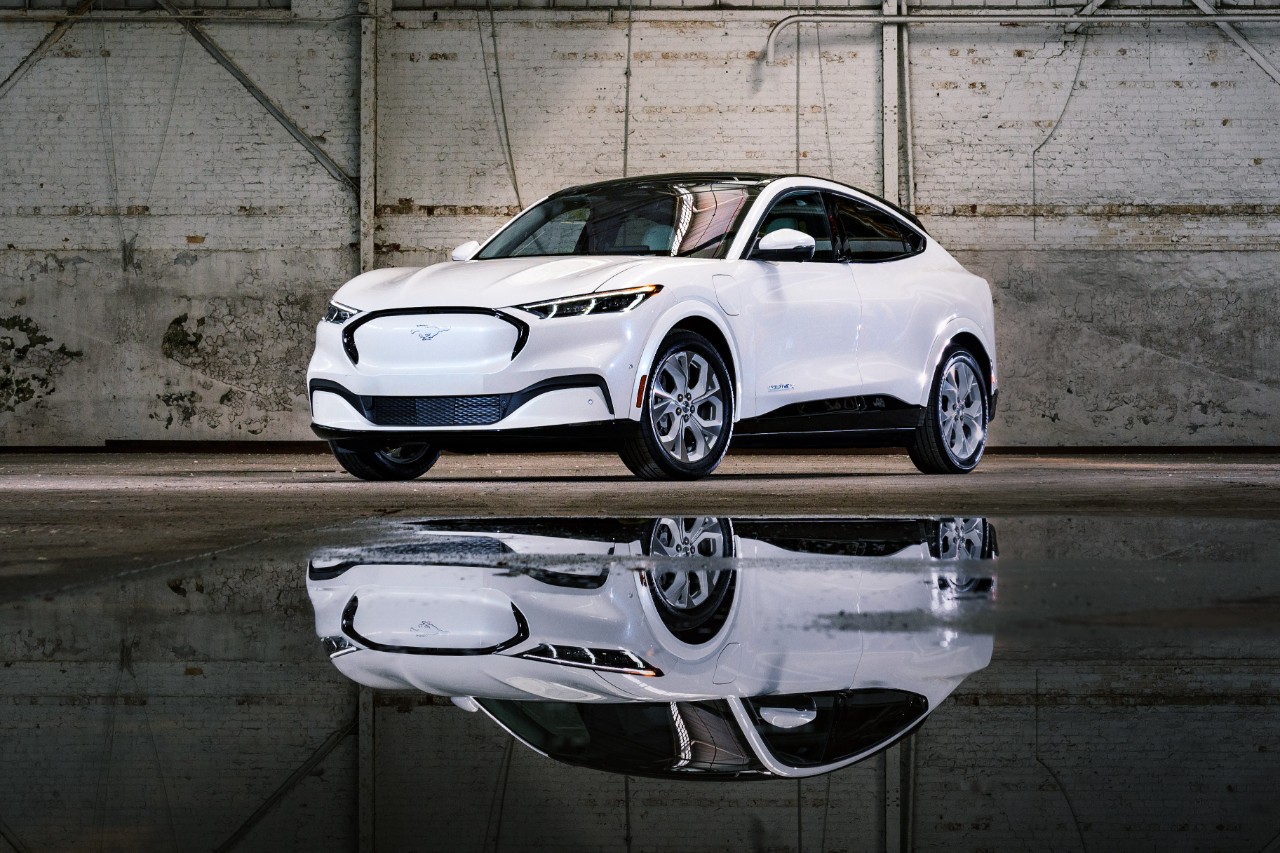Ford Motor (F +1.42%) said that it is acquiring two small technology companies to assist with its self-driving and urban-mobility initiatives. The companies are Quantum Signal AI, a Michigan robotics firm, and Journey Holding Corp., a maker of transportation-systems software.
Ford didn't disclose the terms of the deals, but it did explain how each acquisition fits into its ongoing future-tech initiatives. Here's a look at each.
Quantum Signal AI: Military robot experts
Quantum Signal isn't well-known, but it's not a start-up. The company, founded in 1999 and headquartered in Saline, Michigan, has worked on advanced robotics and related simulations for a number of clients, including the U.S. military. Among other things, it developed software that allows the military to control robotic vehicles from thousands of miles away, as well as a simulation environment designed to test autonomous-vehicle designs.

Quantum Signal's expertise includes highly detailed digital simulation environments for autonomous-vehicle testing. Image source: Ford Motor.
What does Ford want with all that? The automaker plans to put Quantum Signal's robotics and simulation experts to work on creating a "Transportation as a Service" ("TaaS") platform -- a self-driving taxi service, in other words.
Randy Visintainer is the chief technology officer of Ford's autonomous-vehicle subsidiary. In a Medium post, he explained that the group's experience will translate directly to several parts of Ford's self-driving effort, going well beyond its expertise in simulation.
Beyond simulation, Quantum Signal has done extensive work for the military in developing algorithms that help guide autonomous vehicles. Outside the software world, the company is well-versed in robotics, as well as sensing and perception systems. All of this work can be repurposed to support Ford's self-driving vehicles to help improve their ability to analyze the environment around them.
Visintainer said that Ford completed the acquisition of Quantum Signal earlier in July.
Journey Holding: Mobility fleet management
Journey Holding Corp. was established last year after a merger of DoubleMap and Ride Systems, two companies that each offered automated vehicle tracking and location software to help manage different types of vehicle fleets.
Ford said that Journey Holding will be acquired by its future-mobility subsidiary, Ford Smart Mobility LLC. Once acquired, it will be combined with TransLoc, a provider of software for transit agencies that Ford bought last year. The combined unit will be led by Journey's CEO, Justin Rees, and will have over 200 employees.
Ford is working toward an integrated software solution that can help manage many different types of mobility services, from "fixed-route" systems like buses to a range of "on-demand" services including robotaxis and bike- and scooter-sharing.
Between them, Journey Holding and TransLoc already serve over 1,100 cities, universities, corporate campuses, and other clients that use fixed-route transportation, micro-mobility solutions, or both, Ford said.
The deal is expected to close before the end of the third quarter.
What does this all mean?
It means that all the talk we've heard from Ford over the last few years about becoming a leader in "mobility services" isn't just talk.
The Journey Holding acquisition will help boost Ford's growing portfolio of "mobility" services. They include Spin, an electric-scooter-sharing company, and the GoRide Health service, which provides cities with a "non-emergency medical transportation" service aimed at people who aren't well-serviced by public transportation, such as disabled people and the elderly.
Investors have puzzled over some of these acquisitions, but a clear picture is now emerging: Ford wants to be able to offer cities a menu of smart-mobility options that can be managed in a relatively simple, integrated way.
As for Quantum Signal, the value isn't hard to see: It's a team of experts with skills that can be folded into Ford's autonomous-vehicle efforts, including -- but not limited to -- a robot-taxi service that might soon be one of the items on its urban-mobility menu.
Long story short: Although we await more details on both, these deals suggest that Ford is making good progress on its future-tech mobility plan.






